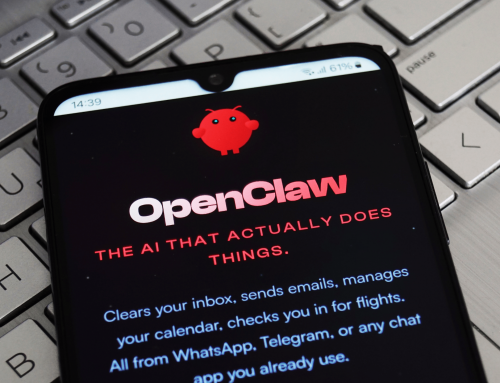Image: ACHPF / Shutterstock.com
When AI becomes a shopping assistant
What happens when artificial intelligence suddenly starts shopping for us? As reported by derStandard.de, this is exactly what the current dispute between e-commerce giant Amazon and AI company Perplexity AI is all about. The new Perplexity browser Comet has a function that Amazon doesn't like at all: an AI agent can independently search, compare and even buy products for users on shopping websites - including Amazon. All done with a click, without humans having to do much.
Amazon responded promptly - with a legal threat. The company is demanding that Perplexity stop its AI from placing orders directly on the Amazon site. For the start-up, this is an attack on user freedom. The accusation against Amazon: Exploiting market power and suppressing innovation.
"Bullying through legal threats"
Perplexity reacted clearly: in a public blog post, Amazon was accused of trying to slow down new technologies through "legal threats and intimidation". It is bullying when large companies use legal threats and intimidation to block innovation and make people's lives worse.
Amazon has not yet commented on the accusations. However, the conflict raises a key question: who actually owns the internet? And are AI assistants allowed to move freely through websites - or are platform operators allowed to determine how they are used?
Battle of the AI systems: Who's better at helping you shop?
Ironically, Amazon itself is working on similar functions. With the AI tool "Buy For Me", the company wants to enable users to store directly via the app - across all brands. The voice assistant "Rufus" will make recommendations, answer questions and manage shopping baskets.
Perplexity argues: They are not interested in harming Amazon - but in making the shopping experience more intuitive and independent. Users' data would be stored securely locally, not on Amazon servers. What's more, people who let an AI work for them often store more - which should actually be in Amazon's interests. However, it seems to be more important to the company that advertising is displayed, not that purchases are made quickly and efficiently.
Comment: Shopping freedom? Only if Amazon also earns money
What is unfolding here is more than just a small war between two tech companies. It's about the fundamental question of who retains digital control - the platform or the user? If an AI assistant is my digital helper, does it have to ask Amazon for permission for every click?
The case shows: Amazon is less afraid of technology than it is of losing control over user guidance. And this is probably just the beginning. The smarter the AI gets, the more nervous the platform operators become. Understandable - but dangerous. Because preventing AI also prevents progress.







